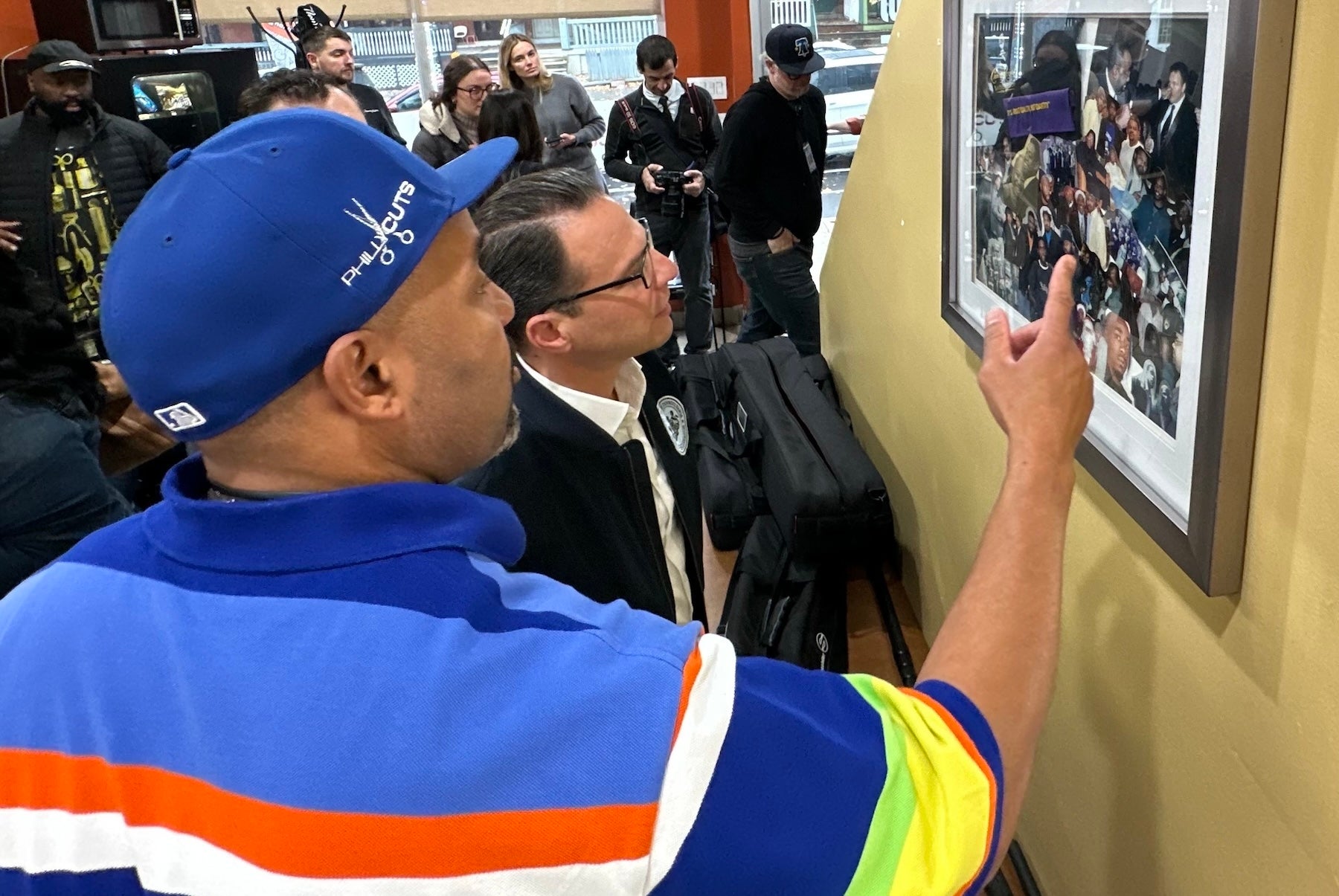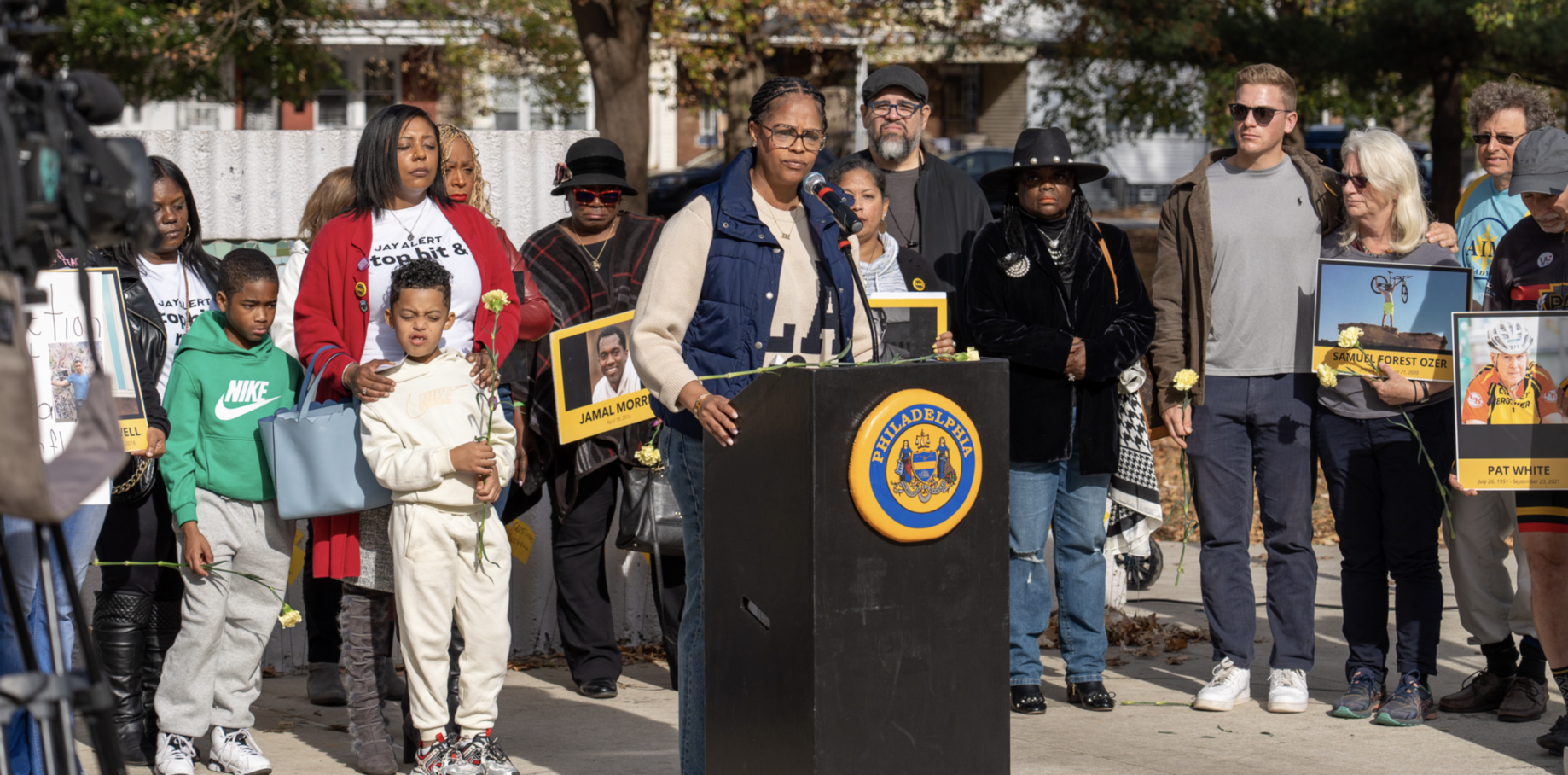Travel
Next year, homeless voters in Georgia may have to travel miles to get election mail

A new Georgia law changes where homeless voters can get their election mail, requiring them to visit their county’s main elections office.
The change, part of Senate Bill 189, starts next year but it’s already faced criticism from voting rights advocates who say it unfairly burdens unhoused voters.
Those who say they’re concerned about election fraud, however, argue the mailing address requirement for homeless people protects them from those who may try to steal their votes.
The mailing address determines where voters receive election notices, like their precinct card. It’s also where they receive their absentee ballots if they request one.
If homeless voters receive mail-in ballots at a shelter or church, Tamara Favorito — who helps run the group VoterGA that her husband, Garland Favorito, co-founded — said those ballots are not secure.
“They never know if that’s going to be picked up or not. So it’s at risk of being used by somebody else,” she said.
She said the law change will give unhoused people a protected way to vote by mail.
Her group acknowledged there isn’t a known example of anyone stealing homeless voters’ ballots in Atlanta. In general, the state hasn’t found evidence of widespread voter fraud. Also, at three major sites where unhoused voters register, only about 20 people voted by mail in the 2020 general election, according to data obtained by NPR and analyzed by WABE.
Republican state Sen. Max Burns, who crafted the bill, declined an interview to discuss the reasoning behind the law.
The Fulton County registrar where unhoused voters in Atlanta will have to receive mail is 20 miles south of most shelters in the city center. There is no public transit route to the office, which is in Fairburn.
To homeless services providers, like Raphael Holloway of the Gateway Center, which operates a shelter downtown, the change in law just creates a new problem for homeless voters — accessing any election mail.
“Why would we make it more difficult for people that are experiencing homelessness?” he said.
While this requirement doesn’t go into effect until January 2025, voting rights lawyers with organizations such as the ACLU and Lawyers’ Committee For Civil Rights Under Law have already argued to the state that it’s discriminatory.
The mailing address change is the second part of SB 189 that they expect to disproportionately affect homeless voters. Another portion of the law, which went into effect this month, made it easier for citizens to challenge voters who are not registered to a residential address.










